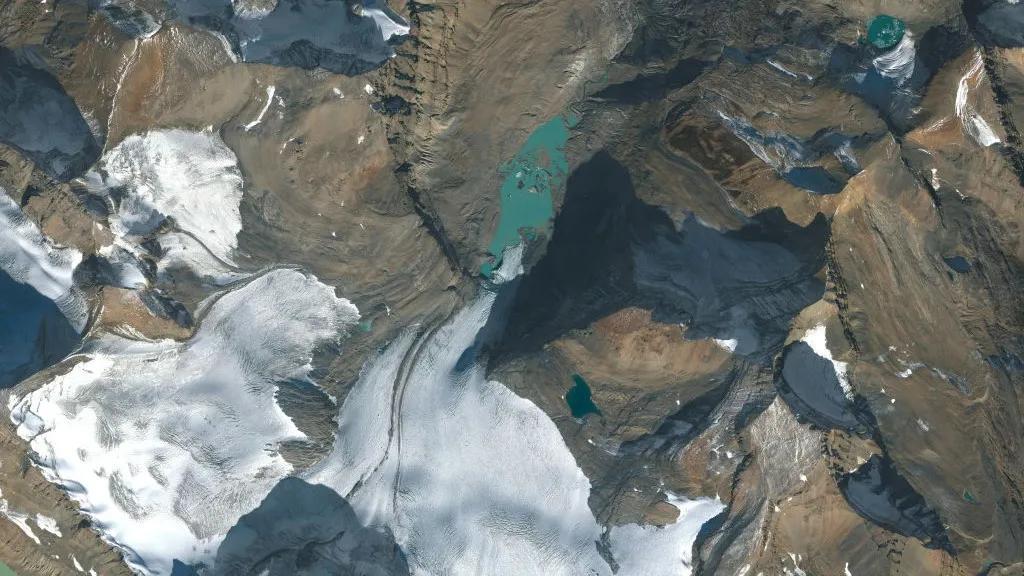
North America & Europe’s Glaciers Lost Unprecedented Ice in 4 Years: Study
In a stark warning about the accelerating effects of climate change, a recent study has revealed that glaciers in North America and Europe have lost a staggering amount of ice over the past four years. According to the research, glaciers in Washington, Montana, British Columbia, Alberta, and the Swiss Alps have experienced an unprecedented rate of ice loss between 2021 and 2024, with the rate of melting more than double what was recorded between 2010 and 2020.
The study, published in the journal Geophysical Research Letters, analyzed satellite data to track the changes in glacier mass and extent across the regions. The findings are alarming, suggesting that the ice mass loss is accelerating at an unprecedented rate, with severe implications for global sea levels and ecosystems.
Unprecedented Ice Loss in North America
The study found that glaciers in the western United States and Canada lost an average of 24.5 billion tons of ice per year between 2021 and 2024. This is more than double the rate of ice loss recorded between 2010 and 2020, which was approximately 11.5 billion tons per year. The largest ice losses occurred in glaciers in Washington state, Montana, and British Columbia, with the Canadian province experiencing a particularly rapid decline in ice mass.
In Washington state, the study found that the Cascade Range glaciers lost an average of 3.5 billion tons of ice per year, while those in Montana and British Columbia lost an average of 2.5 and 2.2 billion tons per year, respectively. The researchers noted that these losses are not only significant but also unusual, as glaciers in these regions typically experience more gradual changes in ice mass over time.
European Glaciers Also Show Alarming Trends
The Swiss Alps, a region known for its iconic glaciers, also showed alarming trends in ice loss. According to the study, glaciers in the Swiss Alps lost an average of 1.7 billion tons of ice per year between 2021 and 2024. This is a significant increase from the 2010-2020 period, during which the region experienced an average ice loss of approximately 0.8 billion tons per year.
The researchers noted that the Swiss Alps glaciers are particularly sensitive to changes in temperature and precipitation patterns, making them a valuable indicator of climate change impacts. The rapid ice loss in this region is a clear sign that the effects of climate change are being felt in Europe as well.
Implications for Global Sea Levels and Ecosystems
The study’s findings have significant implications for global sea levels and ecosystems. As glaciers lose mass, they contribute to sea level rise, which can have devastating impacts on coastal communities and ecosystems. The researchers estimate that the ice loss recorded in the study could raise global sea levels by up to 1.5 centimeters (0.6 inches) over the next century.
In addition to sea level rise, the rapid ice loss in North America and Europe is also likely to have significant impacts on ecosystems. Glaciers play a crucial role in shaping local environments and supporting biodiversity, and their loss can have cascading effects on ecosystems.
Conclusion
The study’s findings are a stark reminder of the urgent need to address climate change. The rapid ice loss in North America and Europe is a clear indication that the planet is experiencing unprecedented changes, and that immediate action is required to mitigate these impacts.
As the world continues to grapple with the challenges posed by climate change, it is essential that policymakers, scientists, and communities come together to develop effective strategies for reducing greenhouse gas emissions and protecting vulnerable ecosystems.
Source:
https://agupubs.onlinelibrary.wiley.com/doi/10.1029/2025GL115235






